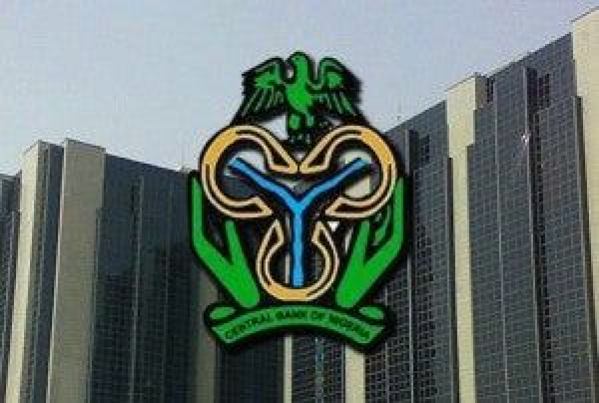
The Central Bank of Nigeria (CBN) has devised strategic action plans to boost wheat production by addressing existing value chain challenges, thereby bolstering the country’s foreign reserves.
According to the Nigerian Tribune, this was revealed by Mr. Philip Yila Yusuf, Director of the CBN’s Development Finance Department, at a wheat conference and stakeholder engagement in Abuja over the weekend, with the theme “Improving and Sustaining the Wheat Value Chain Development in Nigeria.”
After making sustainable progress throughout the rice and maize value chains, he emphasized the wheat value chain’s immense potential for ground-breaking impact in the agricultural sector, stating that the Bank planned to focus attention on the wheat value chain for dry season planting in 2021/2022.
What they are saying
Yusuf said, “the CBN plans to address key problems in the value chain through financing massive production of wheat in Nigeria and seeks to facilitate sustained availability of high yield seed variety in the country and improve general productivity.”
With over $2 billion spent annually on the importation of more than 5 million Metric Tons (MT) of wheat, he also stated that wheat was the second-highest contributor to the country’s food import bill, putting a strain on the country’s foreign reserve.
Furthermore, he estimated that only 1%, or 63,000 metric tons (MT), of the 5-6 million MT of wheat consumed annually was grown locally, and that the CBN’s involvement was critical due to Nigeria’s high demand for wheat and inability to meet it.
Read also: Silverbird’s MBGN Pageant 2021 is sponsored by Geely Nigeria
He assured stakeholders that the Bank is prepared to change the sector’s narrative alongside all stakeholders, despite the Bank’s significant task, which will require joint efforts to overcome.
Mohammed Abubakar, the Minister of Agriculture and Rural Development, was represented by Abdullahi Garba, who expressed disappointment that the country’s wheat importation and import bills had continued to rise in recent years. As a result, he urged all stakeholders to work together in the coming years to reverse the trend by increasing investment in the value chain. Increasing your investment’s size
Kano State Governor, Dr Abdullahi Umar Ganduje, urged all stakeholders to be transparent in their transactions and to begin preparing for wheat growing and production in a goodwill message issued by his deputy, Dr Nasiru Yusuf Gawuna.
While praising the CBN for its efforts to improve the wheat value chain, he urged the bank to release funds more quickly, emphasizing the importance of collaboration among wheat value chain players in Nigeria’s goal to become wheat self-sufficient.
What you should know
- In a bid to ensure prudent use of foreign exchange resources, the Central Bank of Nigeria had earlier instructed authorised dealers and exporters to only open forms M for letters of credit, bills for collection, and other forms of payment.
- The Governor of the Central Bank of Nigeria (CBN), Godwin Emefiele, promised to sustain FX restrictions on the importation of food items that can be produced locally.
- The CBN said that it will oppose all attempts to continue the importation of maize into the country. This is geared towards encouraging local production as the apex bank believes that maize farmers in Nigeria have what it takes to close the maize demand gap of over 4.5 million metric tonnes in the country.